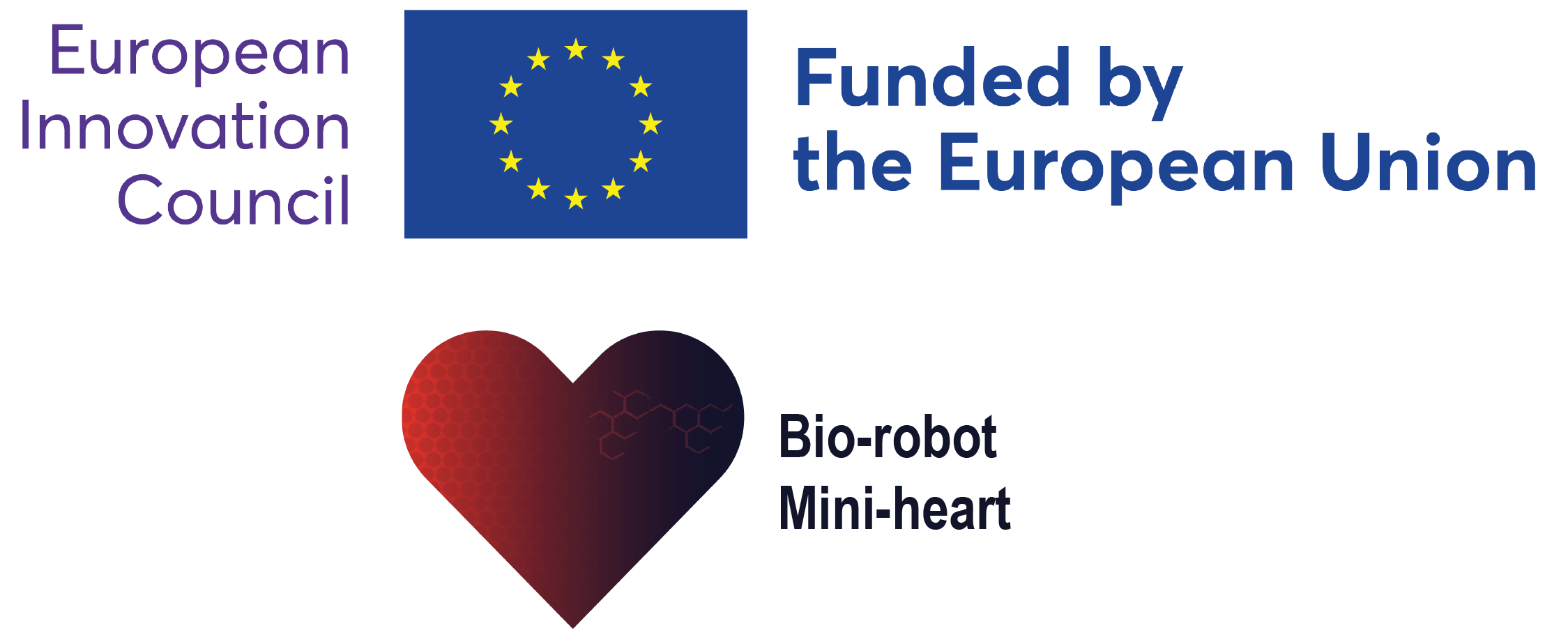University of Twente

Prof. Jeroen Leijten is appointed as a tenured faculty member within the Department of BioEngineering Technologies at University Twente. His interdisciplinary research group focuses on the development of nano- and microscale tools using enabling microfluidic technologies and advanced biofabrication platforms to drive the scalable production of multiscale and hierarchically organized living tissues. In this consortium, he will develop a next-gen biofabrication strategy for the rapid 3D bioprinting of miniature hearts. For his work he received the Jean Leray Award of ESB, and the Robert Brown Award of TERMIS. He currently is the president of the Dutch Biomaterials and Tissue Engineering Society, and has been awarded with a Starting Grant of the European Research Council as well as the prestigious Veni and Vidi grants of the Dutch Research Council.
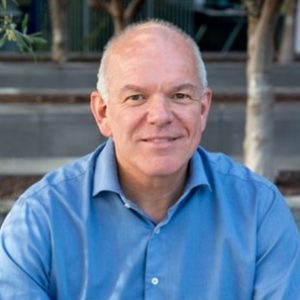
Prof.dr. Robert Passier is head of the Applied Stem Cell Technologies group at the University of Twente since 2015. His group aims to build highly advanced human “heart-on-chip” systems and cardiac organoid-like tissues for modelling cardiac disease, drug screening and regenerative medicine. He has expertise in differentiation and molecular regulation of cardiac development and disease in both in vitro (using human pluripotent stem cells) and in vivo models. Passier is chair of the research theme “heart-on-chip” of the Institute for Human Organ and Disease Model Technologies (hDMT) and co-founder of Pluriomics (2011) and River BioMedics (2018).
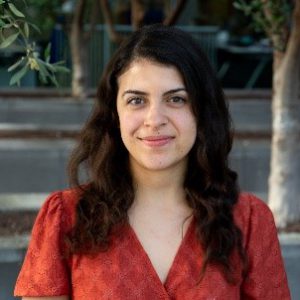
Mariel Cano Jorge holds a bachelor’s degree in Biomedical Physics from Universidad Nacional Autónoma de México (UNAM). During several internships, she gained experience on microfabrication technologies, microfluidics, hydrogel patterning and electrical impedance biosensing. She next pursued a Master’s degree in Nanobiotechnology at Université Grenoble Alpes, France. She completed her master’s thesis at the Cytomorpho Lab, where she used protein micropatterns and microfluidic devices to study the dynamics of actin assembly and the role of the actin cytoskeleton in cell chirality. In 2021, she joined the AST group as a PhD candidate, where she is currently developing a miniature pumping heart chamber and a cardiac pacemaker organ-on-chip model. Mariel aims to explore emerging technologies for tissue engineering, disease modelling and regenerative medicine applications.
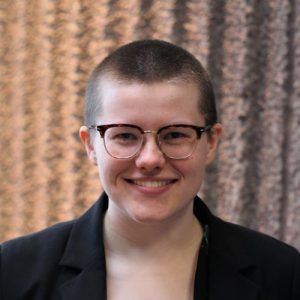
Annalise Anspach has been appointed as a PhD-student within Prof. Jeroen Leijten’s laboratory at University Twente. She is a biomaterial scientist with a specialization in bioink formulation for cardiac tissues, cell differentiation, and in-depth characterization of living constructs. Within the consortium, she will develop a next-gen biofabrication strategy for the rapid 3D bioprinting of miniature hearts using various light-based technologies.
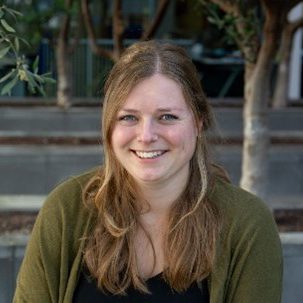
Simone Ten Den studied biology and medical laboratory research at Saxion and works at the Applied Stem Cell Technologies (AST) group, department of Biomedical Engineering at the University of Twente. Her expertise is mostly in the field of induced pluripotent stem cells, differentiations towards cardiac related cell types, Fluorescence Activated Cell sorting, 3D printing and micro fluidics. Simone is involved in the expansion and characterization of cardiovascular cell types.
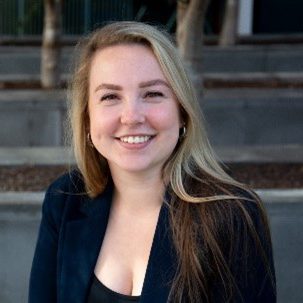
Danique Snippert completed her B.Sc. at the Saxion University of Applied Sciences.
She joined AST begin 2021, supporting the cardiac group. Before joining AST, she worked at a pharmaceutical company and for a small spin-off company where she worked on the development of a non-viral delivery platform for RNA and DNA-based vaccines. She has expertise in maintenance and differentiation of induced pluripotent stem cells towards cardiomyocytes and formation and analysis of 3D engineered heart tissues (EHTs). Danique is involved in the expansion and characterization of cardiovascular cell types.
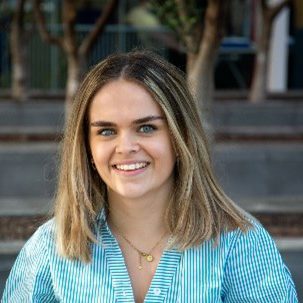
Maureen completed her bachelor’s degree and master’s degree in Biomedical Engineering at the University of Twente with a specialization in Bioengineering Technologies. During her internship at Medlon B.V. and Master’s thesis at AST she focused on COVID related research in which see looked into the relation between antibody affinity and disease severity, and the cardiotoxic effect of COVID antiviral drugs, respectively. She has expertise in differentiation induced pluripotent stem cells (iPSCs) to cardiovascular cells, generation of 3D EHTs and CRISPR-Cas9 based genome editing. Maureen aims to differentiate iPSCs to cardiac cell types and generate fluorescent reporter lines.
